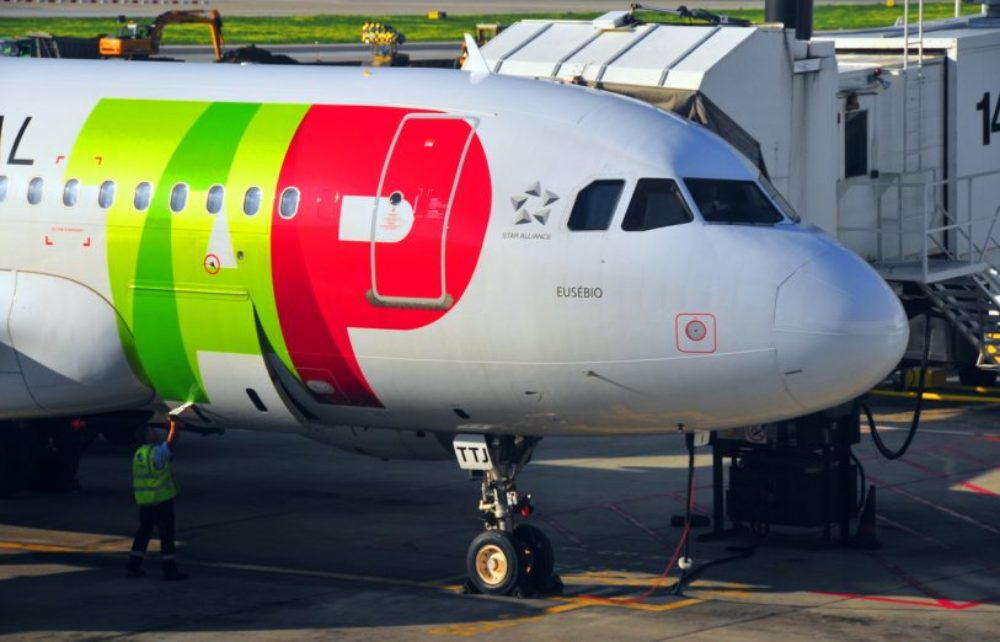Portuguese airline TAP-Portugal was already struggling financially when the Covid-19 crisis hit and forced it to ground almost all of its flights. The Portuguese Government considers nationalising the company, where it already has half of the capital, but its private shareholders are pushing for a cash infusion, from a financial consortium which could have Chinese capital.
TAP is reported to be negotiating a loan up to 375 million euros with three international financial institutions, including the Industrial and Commercial Bank of China (ICBC), according to Portuguese newspaper Jornal Económico. According to the same source, interest to take part in the operation, that is expected to be backed by the Portuguese State, has already been expressed by investment funds.
TAP has already requested assistance from the State due to the impact that the new coronavirus is having on its business, with the chairman of the board of directors of the company, saying he expected, “an answer very soon.”
Miguel Frasquilho noted during a meeting held in Parliament that this assistance, “will have associated constraints,” but added that, “it is under these conditions that we believe that the aid will be provided.” The newspaper reported that these conditions include changes to the TAP governance model, with the State taking on another role, namely marking its presence on the executive commission.
David Neeleman owns – together with Portuguese entrepreneur Humberto Pedrosa – the Atlantic Gateway consortium, which has 45% of the capital of the Portuguese airline. He has told the press that he was “fully available” to cooperate with the Government on a solution for TAP.
The Prime Minister, António Costa, and the Minister of Economy, Pedro Siza Vieira, have admitted the possibility of nationalising the airline, but Neeleman also told the newspaper that the company has competitive proposals to finance itself and what is needed is “a state guarantee.”
“Among the various mechanisms available for State support, the issuance of a guaranteed debt is what is being adopted most often by our competitors as it has a number of advantages, including implementation time which is crucial to TAP at the moment,” the businessman said.
In addition to the 45% owned by Atlantic Gateway, TAP is 50% owned by the State, through Parpública, and 5% by its workers. The TAP group had losses of 105.6 million euros in 2019, an improvement of 12.4 million euros compared to losses of 118 million posted in 2018. The operating result (EBIT, earnings before interest and taxes) improved, with new passenger records and new routes. According to official information, the number of passengers transported by TAP in 2019 rose 8.2% to more than 17 million in relation to the previous year, a new record.
The company has been severely impacted by Covid-19, laying off almost all of its staff of 10.000 people, after suspending all its operations with the exception of flights to the Portuguese islands in the Atlantic, at least until May 4.
Having initiated its service with a flight to Brazil in 1960, the so-called Voo da Amizade in partnership with Panair do Brasil, TAP has increased flights to Brazil over the years and served 10 Brazilian capitals before the Coronavirus Pandemic, being by far the foreign airline with the largest presence in the country and the main carrier between Brazil and Europe.




